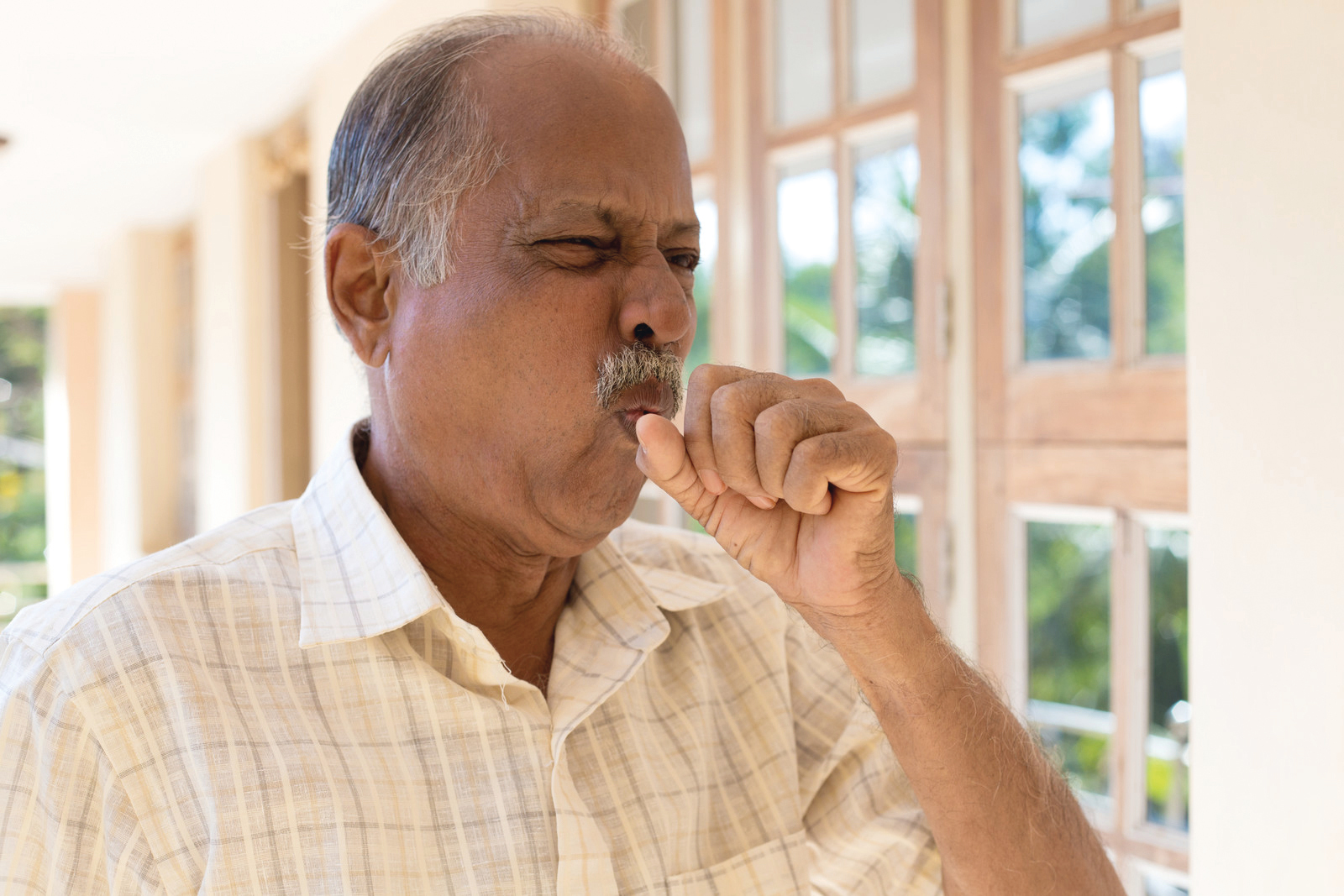One six of us suffers from seasonal allergies, which can cause runny noses, sneezing, nasal congestion, an irritated throat, fatigue, and itchy or watery eyes. What many of us don’t realize is that some allergy symptoms pose a risk for seniors with pre-existing heart conditions, asthma and lung problems.
Ask your doctor. Taking antihistamines can be risky, given that the first generation of these medicines can cause dizziness, low blood pressure, and next-day sedation—thereby increasing the risk of falls and fall-related injuries. Ask your doctor for the names of newer antihistamines, decongestants and nasal sprays that are safer and non-sedating.
Keep pollen out. Minimize your contact with allergy triggers by closing doors and windows on days when pollen counts are high. Keep the windows up when in a car.
Wash your body. After being outdoors, it’s important to wash pollen from your hands, hair, and clothes. This will avoid spreading pollen around the house.
Stay cool. Put ice-cold water on a clean face cloth and put it over your closed eyes for five to 10 minutes at a time to reduce itchiness.
Dry laundry inside. Avoid hanging just-washed laundry on outdoor clotheslines, where the summer breeze can cover freshly washed clothes with pollen-filled air.














